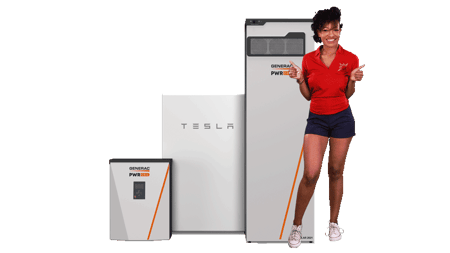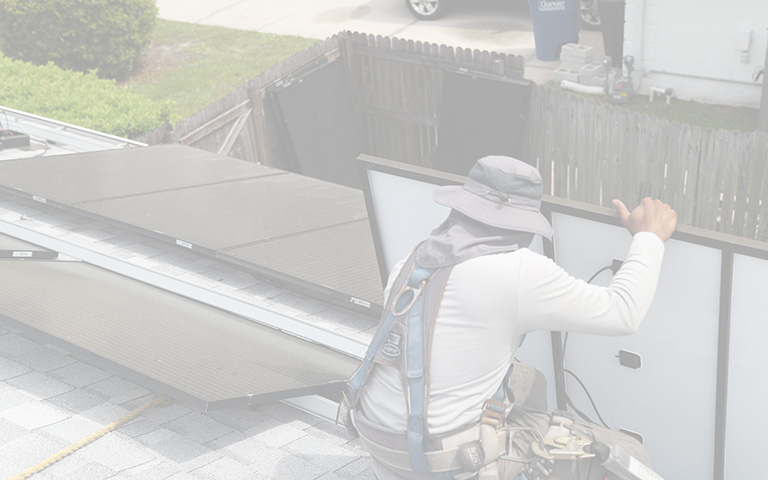+
Solar batteries allow people with solar panels to store the excess energy generated from their system. If there were a blackout, the battery would act as your home generator. Solar batteries also lower your electricity bill by reducing the electricity you draw from the grid. The downside to solar batteries is the cost and complexity of engineering. If the battery were to stop working, it would be expensive to fix if not covered under warranty.
+
Generally, the range of a solar battery's useful lifespan is between 5 and 15 years. If you buy and set up a solar battery today, it must be replaced at least once to match your PV system's 25-30 years lifespan.
+
The number of solar batteries required to power your home depends on how much electricity you consume. Some houses use one, while others require two or three.
+
We prefer and recommend Tesla (Powerwall) and Generac for solar batteries. Their durability triumphs over other brands, and they are the most cost-effective battery in the long term. Most users also like the Tesla brand because of its ability to store energy without a solar system requirement. Homeowners can still take advantage of the financial benefits of owning a battery.
+
YES! Solar batteries can be repaired if they fail or stop working. This can be done in many ways, but we advise you to consult a professional if your solar battery needs to be fixed.

.png?width=747&height=246&name=output-onlinepngtools%20(10).png)

-1-1.png)
%20(1).png)
%20(1).png)
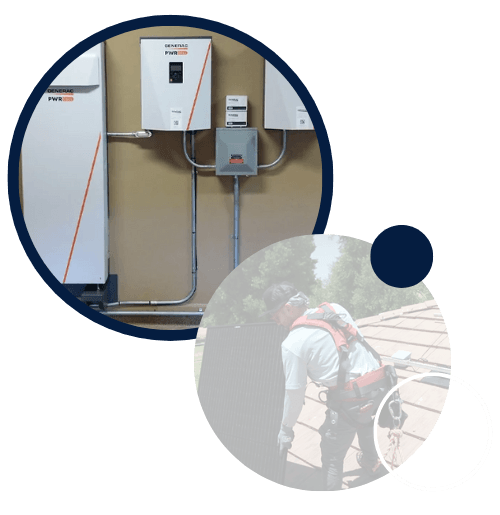
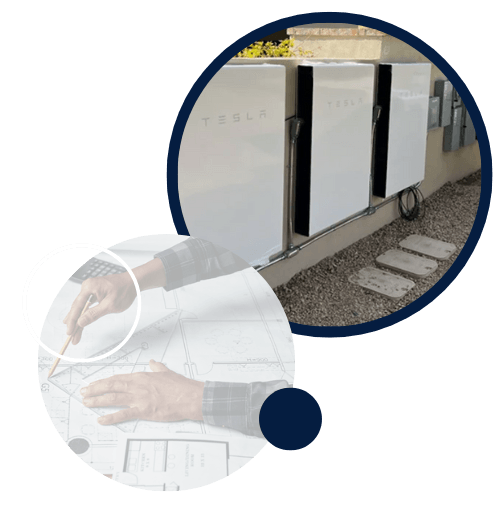
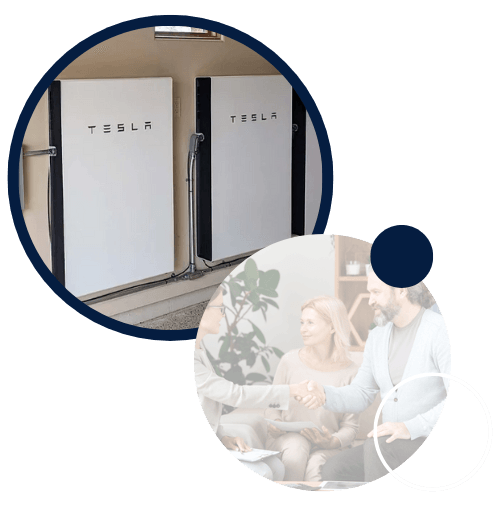
.png?height=180&name=Untitled%20design%20(21).png)
